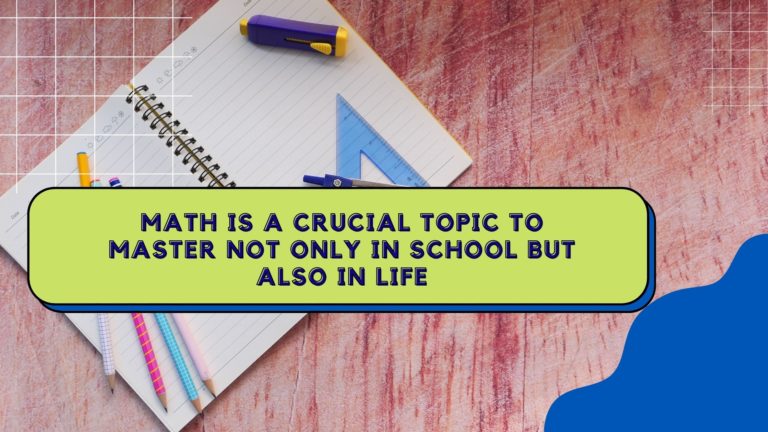Starting a new business can be quite a formidable undertaking. Entrepreneurs face an abundance of challenges, ranging from developing a product and building a brand to finding customers, hiring the right team, and securing funding. These obstacles can be overwhelming, even for the most talented and experienced entrepreneurs. But there’s good news. Enter the world of startup studios.
What is a Startup Studio?
So what exactly are startup studios? Startup studios, also commonly referred to as venture studios, are organizations that aim to help entrepreneurs turn their ideas into successful businesses by providing support throughout the entire startup process, from concept to launch and beyond. You may be familiar with incubators and accelerators, but startup studios have a different approach.
Startup Studio Benefits: Help Scaling Businesses
Unlike traditional incubators and accelerators, startup studios are unique because they create and launch their own startups internally. Studios have teams of experts in different areas of business development, including marketing, finance, operations, and product development. These teams work closely with founders to build and scale their businesses, providing invaluable support that helps them navigate the often perplexing process of starting and scaling a business.
Working with a startup studio can provide numerous benefits for founders. Let’s take a look at some benefits the startup studio business model provides, and look into how each of the benefits help founders scale their businesses effectively.
Experienced Teams
Perhaps one of the most significant advantages is the access to experienced teams that startup studios provide. These groups of professionals who have worked with multiple startups before know what it takes to build a successful business. They can offer guidance and support throughout the process, giving founders access to a wealth of knowledge and expertise that they may not have otherwise. Founders are able to trust the experienced teams to execute tasks while also providing their strategic insights.
For example, a startup studio may have a team of experienced marketers who can help a founder develop a scalable marketing strategy. Team members may have experience with social media advertising, content marketing, and email marketing, and they can help a founder develop a strategy that is tailored to their business. This level of support is crucial in today’s competitive business environment, where the right marketing strategy can make or break a business.
Access to Data
In addition to experienced teams, startup studios have access to vast amounts of data on market trends, customer behavior, and industry best practices, which prove invaluable for founders who are trying to break into a new industry or market. Startup studios can use this data to help founders make informed decisions about their startups, which is crucial for success.
Access to in debt data helps founders truly understand if their product is filling a market gap, and who their target audience is. This data helps founders make educated decisions, helping them grow their customer base and scale their business.
Mentorship
Mentorship is another significant benefit of working with a startup studio. Mentors can help founders avoid common pitfalls and mistakes, offering guidance and support when they face tough decisions or challenges. Having a mentor who has been through the startup process before can be a game-changer for many founders, as they can provide insight and advice that is hard to come by elsewhere.
A founder who is looking to scale their business, for example, may be facing decisions about hiring new team members or expanding into new markets. A mentor who has been through this process before can provide guidance and support, helping the founder make informed decisions that will support growth and prevent mistakes.
Help Securing Funding
Access to funding is another considerable advantage of working with a startup studio. Startup studios often have strong relationships with venture capitalists, angel investors, and other funding sources that may not be available to individual founders. Since securing funding is often one of the most difficult aspects of scaling a startup, gaining access to these sources may prove a boon to your business.
Since startup studios have relationships with venture capitalists who are interested in investing in startups in a particular industry or market, they can introduce founders to these investors, providing them with a valuable opportunity to secure the funding they need to scale their businesses. This funding helps businesses grow and expand further into the market.
Community of Support
Finally, working with a startup studio can provide founders with a sense of community and support. Starting a new business can frequently feel like an uphill battle, and founders may feel overwhelmed by the challenges that come their way. A startup studio can provide a supportive community of like-minded entrepreneurs who are facing similar challenges. This can prove indispensable, as it can provide founders with a sense of camaraderie and support as they navigate the ups and downs of building a business.
Overall, working with a startup studio can provide a wide array of benefits for founders. From experienced teams to mentorship to access to funding, startup studios can help founders scale their businesses with the help of startup studios. And with the startup studio business model, founders can benefit from a streamlined and efficient startup process, collaboration and expertise, and flexibility and adaptability. For more insights into the benefits of this unique business model, visit Startup Studio Insider (startupstudios.com).












